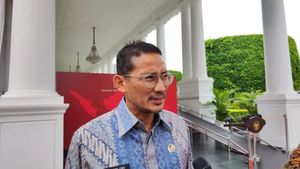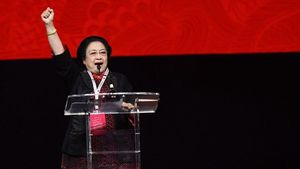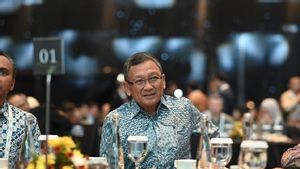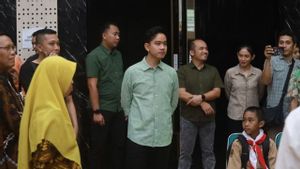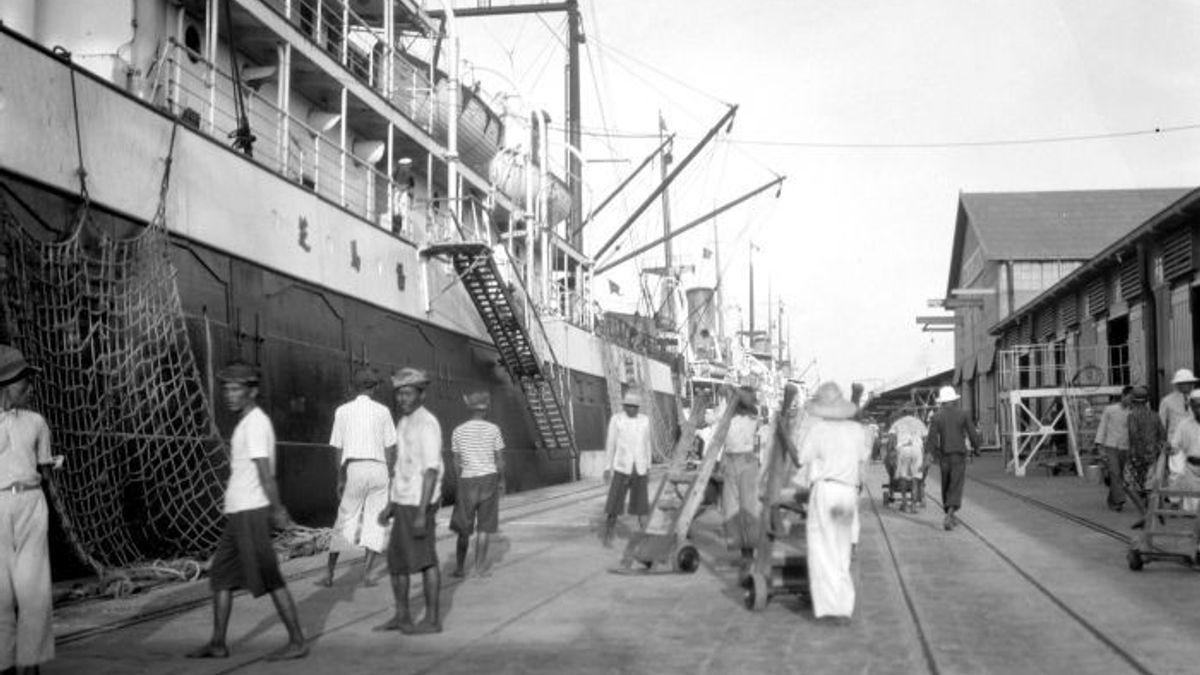
JAKARTA – Today's history, 116 years ago, 27 June 1906, the Dutch East Indies colonial government designated Makassar as a taxpayer port. The rule was made by the Dutch as many territories in the archipelago had been conquered. The presence of taxpayer port regulations made the Dutch "account" fatter. It is also proof that the Dutch tactic, divide et impera, is in fact still growing. Aliases are quite effective. Therefore, the Dutch power was getting bigger and rooted in the archipelago.
The presence of the Dutch trading airline, VOC, was the origin of the suffering of the bumiputras. The trading company aimed to protect Dutch trade in the archipelago. The Windmill Country also understands that the VOC will not last if it is not given special privileges. privileged support and large grants were awarded.
Instead of just monopolizing trade in the archipelago, the VOC was also given the privilege to have its own army. That power made the VOC's power not play big. The VOC could declare war. As an anticipation if there are natives or other nations that interfere with the existence of trade.
Problems arose. The strategy for doing war is not right. Energy and large funds quickly drained out. After all, the VOC's gains were not that great. In fact, not infrequently war expenditures are much greater than the incoming profits. VOC brainstorming. They changed tactics. War tactics are not the main option.

The VOC chose a more elegant tactic. Devide et impera, the name. The politics of fighting each other brought the VOC to the pinnacle of glory. The VOC profited greatly from it. Moreover, the costs incurred are relatively small. That is what the VOC did to the Sultanate of Banten and the Kingdom of Mataram.
"With their powerful weapon which is well-known in Indonesian history under the name 'devide et impera' or the politics of division and colonization, finally the Dutch colonialists were able to control both the Banten and Mataram kingdoms."
“Even the Mataram Kingdom, which during the reign of Sultan Agung Hanyakrakusuma (1613-1645) reached the peak of its glory, because of the Dutch divide et impera weapons, was finally divided into small kingdoms that were under Dutch colonial rule. This must be taken seriously and used as a lesson from history by the Indonesian people who want the glory of their homeland,” said Sagimun MD in the book Jakarta from the Edge of the Water to the Proclamation City (1988).
The divide et impera tactic continues to be the focus of the Dutch. In fact, when the VOC went bankrupt, it was replaced by the Dutch colonial government. The Netherlands has played the same tactic over and over again. It's a bit impossible, but divide et impera often works.

Gradually much of the archipelago began to be conquered. The conquest made the Dutch even more powerful. As a result, the Dutch East Indies government began to benefit from the colonies. Makassar, one of them. The Dutch also began to apply Makassar as a taxpayer port on June 27, 1906. The regulation was made to fatten the Dutch income in the colonies.
"After the indigenous kingdoms were conquered, the Dutch East Indies government issued a decree dated June 27, 1906, which stated that from August 1, 1906 Makassar would turn into a tax-paying port following the port of other conquered kingdoms."
“Against Balanipa, Majene, Pambuang. Tapalang, Cenrana, Mamuju, Sumbawa, Bima, Sanggar, and Dompu even made 'supplementair agreements' (supplementair) on the government's right to collect import and export taxes, excise. anchor tax, port tax, and other taxes that cover shipping, as well as the government's right to oversee the port," concluded Edward Lamberthus Poelinggomang in Makassar XIX (2016).
The determination of Makassar as a taxpayer port by the Dutch East Indies government is part of today's history, 27 June 1906 in the archipelago.
The English, Chinese, Japanese, Arabic, and French versions are automatically generated by the AI. So there may still be inaccuracies in translating, please always see Indonesian as our main language. (system supported by DigitalSiber.id)



